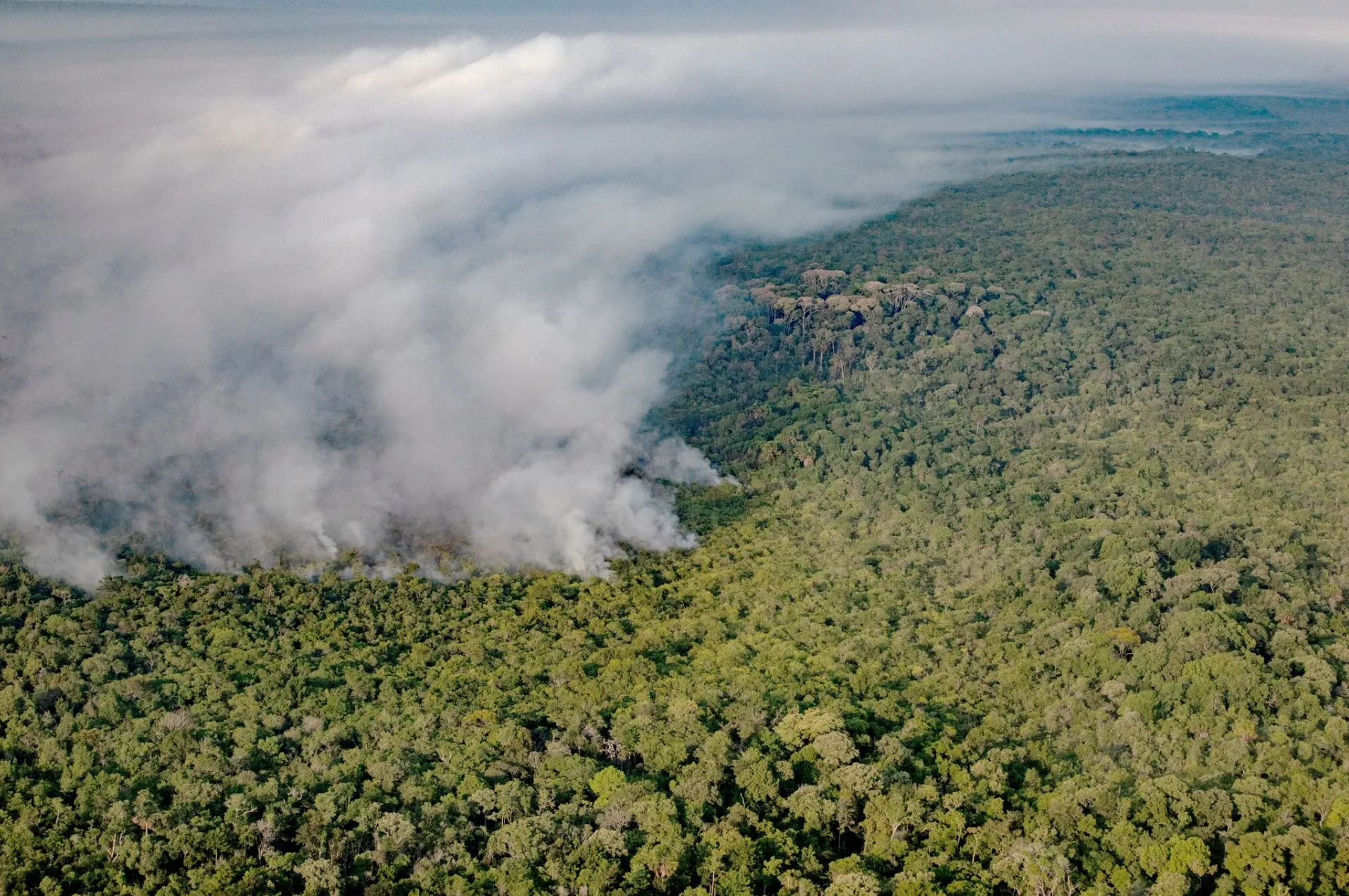Coauthor Luciana Veiga
Research by the Reuters Institute for the Study of Journalism from Oxford University shows that interest in climate change news is higher in Latin America than anywhere else in the world. Some observers associate this result with increasing exposure to the consequences of environmental disasters, as torrential rains bring down homes and kill people here more than anywhere else. In the region, Brazil ranks third after Chile (52%) and Mexico (47%), tied with Colombia (46%), well ahead of the United States (30%) and even European countries such as the United Kingdom, France and Germany. So, does this climate fear the result of a concrete vulnerability?
The same study shows that environmental concern is greater among people with higher salaries and education, that is, not precisely those affected by natural disasters. Rather than reflecting direct experience, does this greater awareness reflect greater information or some other underlying basis?
Fifty years ago, coinciding with the Club of Rome’s early warnings about climate change, Professor Ronald Inglehart argued in his article “The Silent Revolution in Europe” that economic development and rising levels of education and quality of life were leading – and would continue to lead – to an abandonment of materialistic values oriented toward accumulation and immediate physical survival, in favor of post-materialistic values emphasizing freedom, self-expression, and personal fulfillment.
The environmental agenda would be linked to post-materialism by aligning itself with incipient well-being priorities understood far beyond material comfort or financial enrichment, aesthetic experimentalism, and a notion of participation and self-care where the natural context was privileged.
However, the situation found in Latin America creates at least warnings to that argument of a shift in values toward post-materialist priorities. For example, in 2004, researchers Ponte and Smith studied the relationship between values and attitudes about environmental pollution in Mexico and found that environmental concern was associated with material deprivation. In other words, the results were the opposite of those proposed by Professor Inglehart.
We can say that something similar occurs in Brazil. While it is true that the upper classes are the most sensitive to these issues, global warming does not go unnoticed at the base of the pyramid, which suffers more immediately from the effects of climate devastation. According to a 2021 IPEC survey, in the midst of the Covid-19 pandemic in which concerns could be quietly passing from the environment, seven out of ten Brazilians with lower educational levels admitted great environmental concern.
A third argument is revealed by social scientists at Oxford University: greater or lesser sensitivity to and mobilization around climate is linked to political polarization. In the United States, for example, a leftist tends to be 41 percentage points more interested in climate change news than a right-winger in 2021.
In Brazil, given Bolsonaro’s flat Earth discourse and the dismantling of environmental authority during his presidency, it would be reasonable to assume an impact of partisan radicalization on the attention and urgency felt around the climate issue.
Nevertheless, polls conducted during the 2022 presidential campaign indicated that, whether left or right, Brazilian voters placed positive environmental management as an extremely relevant consideration, with no significant differences between Bolsonaro and Lula voters in prioritizing environmental care.
This seems to reflect how effectively environmental protection and the climate issue have been internalized and associated with emblematic events such as deforestation and fires in the Amazon, now synonymous with tragedy regardless of citizens’ political alignment. Studies with Bolsonaro voters admit having become disenchanted with the former president from his irresponsible behavior with the Amazon. They assess that Bolsonaro’s attitude of environmental omission promoted crime, revealing the hypocrisy of the law and order discourse with which he was elected and tried to be reelected.
Even in the face of the phenomenal environmental and climatic setbacks experienced lately, the study of the environmental behavior of Brazilians yields surprising conclusions. One is that even with denialist rhetoric and political practice on the part of Bolsonaro’s reactionary government, citizens on both the right and the left do not give up expressing their anguish about global warming and its causes.
In Latin America, environmental concern is a consensus and not a reflection of partisan divisions as in the United States. Another conclusion is that the importance of the environmental crisis need not be exclusively linked to vulnerability and tragic experience in the face of adverse climatic phenomena: those more educated and wealthy are capable of expressing even greater fear than citizens with fewer resources and, therefore, more exposed to adversity caused by excessive heat, rain or drought.
And finally, this predisposition of the better-off is not so much the result of having overcome the material anxieties of survival by embracing post-materialist values as the result of being able to connect these tragedies arising from a climate in crisis with their negative consequences for physical, food, and psychological security. That is to say, tragedies that are connected to the materialist adversities arising from global warming.
This article was coauthored with Luciana Veiga (professor at UNIRIO/FGV), Julian Borba (professor at UFSC), and Gabriela Ribeiro Cardoso (Ph.D. candidate at UFSC) and was published in the X WAPOR Latin American Congress: www.waporlatinoamerica.org
*Translated from Spanish by Janaína Ruviaro da Silva













